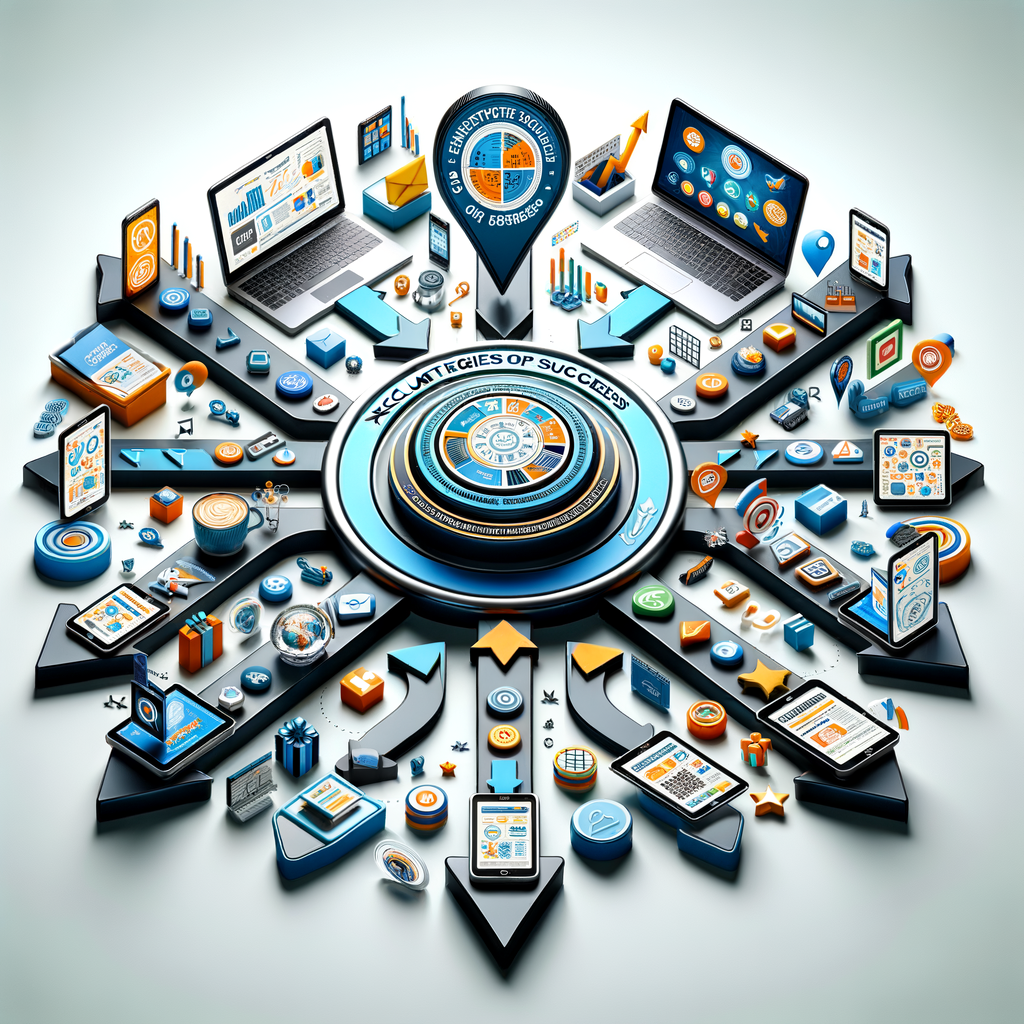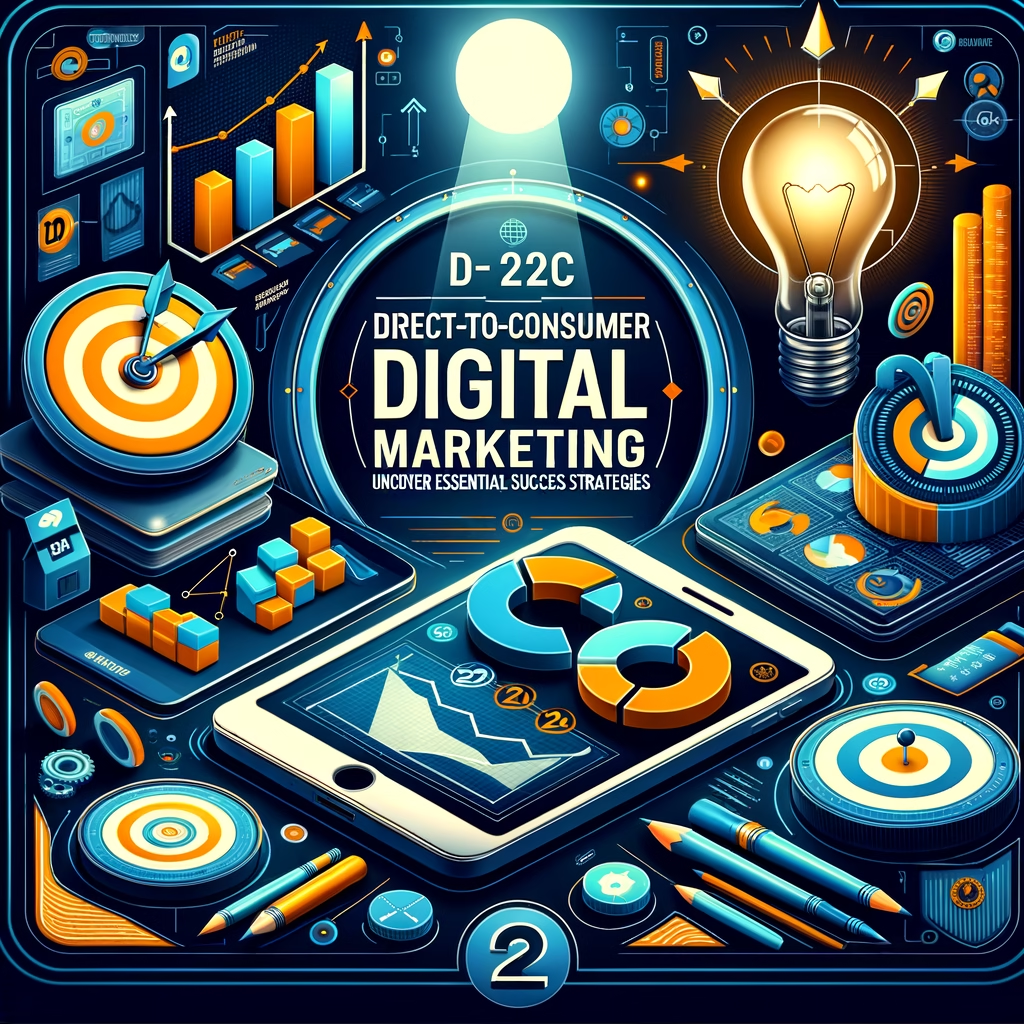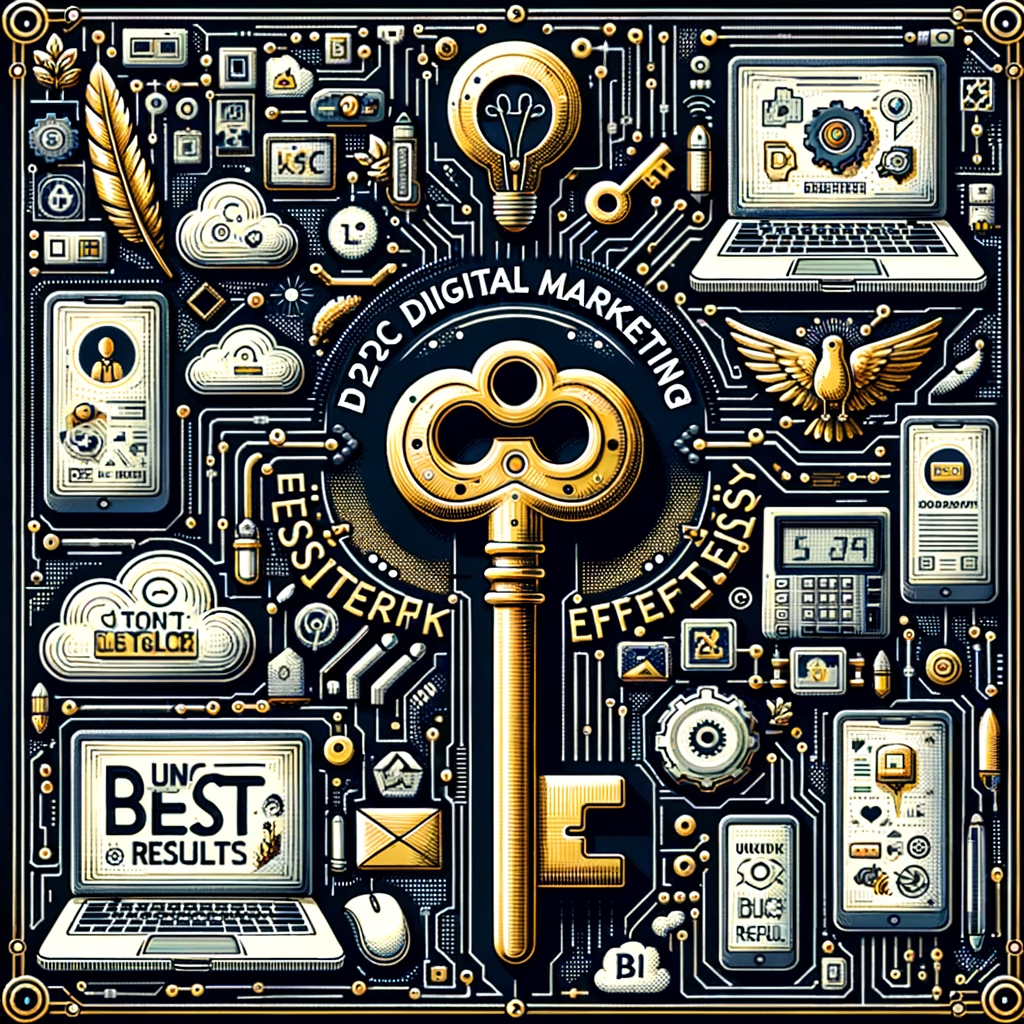D2C Digital Marketing: Exclusive Strategies for Success
The Power of Personalization in D2C Digital Marketing
Personalization in D2C digital marketing serves as a powerful tool in shaping consumer relationships and driving conversions. Direct-to-consumer brands have a unique advantage—complete ownership of customer data. When leveraged creatively, this data can create highly personalized experiences that resonate with individual customers, fostering loyalty and boosting lifetime value.
Understanding Personalization in D2C
To fully grasp how personalization transforms D2C strategies, it’s essential to understand its core concept. Personalization involves adjusting marketing efforts to suit individual consumer preferences, needs, and behaviors. Unlike traditional methods that offer a one-size-fits-all approach, personalized marketing tailors every touchpoint, from advertisements and email communications to product recommendations.
The Role of Data in Personalization
Data is the backbone of effective personalization. D2C brands often collect detailed information directly from customers during transactions or through digital interactions. Utilizing this data effectively requires robust systems capable of analyzing and interpreting consumer behaviors to predict needs and preferences.
1. Customer Segmentation
Customer segmentation allows brands to categorize their audience based on various parameters like purchasing behavior, demographics, or preferences. By breaking down a large audience into smaller, more manageable groups, brands can deliver targeted messages likely to resonate with each segment.
2. Behavioral Insights
By analyzing browsing history, past purchases, and interaction patterns, brands can craft highly relevant content. For instance, a customer who frequently browses athletic wear might receive targeted ads or emails showcasing new sports collections or related accessories.
Creating Personalized Customer Experiences
Personalization extends beyond mere recommendations or targeted emails. It’s about creating a holistic customer experience that makes shoppers feel understood and valued. Brands can achieve this in various ways:
1. Customized Product Offerings
Offering products that customers can tailor according to their preferences increases engagement and satisfaction. Many D2C brands provide customizable options on products like clothing, beauty products, or tech gadgets, catering directly to individual tastes.
2. Dynamic Content Delivery
Personalizing the content across channels can significantly increase engagement rates. Dynamic web pages that adapt content based on the user’s location, previous interactions, or preferences provide a seamless and personalized browsing experience.
3. Interactive Communication
Personalized communication via AI-driven chatbots or personalized email campaigns can greatly enhance customer interaction. Responsive communication not only addresses customer inquiries instantly but also offers solutions that reflect individual needs.
Technological Tools Aiding Personalization
A range of modern technological tools enables D2C brands to implement effective personalization strategies.
1. Customer Relationship Management (CRM) Systems
CRM systems help manage customer data, track interactions, and analyze preferences. They provide a centralized platform for creating personalized marketing strategies that are data-driven and customer-focused.
2. Artificial Intelligence and Machine Learning
AI and machine learning algorithms can analyze massive data volumes, identifying patterns and predicting future behaviors. This predictive capability allows brands to tailor marketing messages and product recommendations effectively.
3. Personalization Engines
These are specialized tools designed to deliver personalized content across different touchpoints. Personalization engines enhance brand communication by dynamically adjusting content, thereby improving customer satisfaction and engagement.
Case Study: A Successful Personalized D2C Strategy
Consider a leading D2C skincare brand aiming to stand out in a saturated market. By implementing a robust personalization strategy, the brand managed to capture significant market share. Here’s how:
1. Data Collection and Analysis
The brand utilized sophisticated tracking tools to gather comprehensive data on skin types, past purchases, and browsing behavior. This allowed precise customer segmentation.
2. Tailored Recommendations
Based on the analyzed data, the brand offered personalized skincare regimens, leveraging AI to match products with specific skin concerns and history.
3. Personalized Communication
Personalized emails with tips and content relevant to individual skin care journeys helped deepen customer relationships, leading to increased loyalty and reduced churn rates.
Benefits of Personalization in D2C Marketing
Personalization in D2C marketing provides numerous benefits, which include:
1. Enhanced Customer Experience
By making each interaction relevant and adjustable, customers experience a more personalized and satisfactory journey, increasing their likelihood of returning.
2. Increased Conversion Rates
Targeted marketing efforts result in higher conversion rates as consumers find products and content that directly address their interests and needs.
3. Improved Customer Loyalty
Personalized experiences foster stronger brand connections, translating to improved loyalty and customer retention.
4. Higher Return on Investment (ROI)
Efficient targeting reduces wastage in marketing spend, yielding a higher ROI by focusing efforts on potential high-value segments.
Challenges of Implementing Personalization
While personalization presents many advantages, implementing it can pose certain challenges.
1. Data Privacy Concerns
With increasing scrutiny on data usage, maintaining transparency and compliance with regulations like GDPR is crucial for building consumer trust.
2. Integration Complexities
Integrating personalized marketing systems with existing infrastructure can be technically challenging, requiring careful planning and resources.
3. Resource Intensive
Developing and maintaining personalized marketing efforts demand significant investment in terms of time, technology, and expertise.
Conclusion: The Future of Personalization in D2C
The evolving landscape of D2C digital marketing places personalization at the forefront of successful strategies. As technology advances, the potential for deeper, more meaningful customer connections grows. Brands that capitalize on this trend are likely to outshine competitors, achieving significant growth and establishing long-term relationships with their audience. Embracing personalization not only enhances customer experiences but also solidifies a brand’s position in a competitive market, ensuring sustained success.




